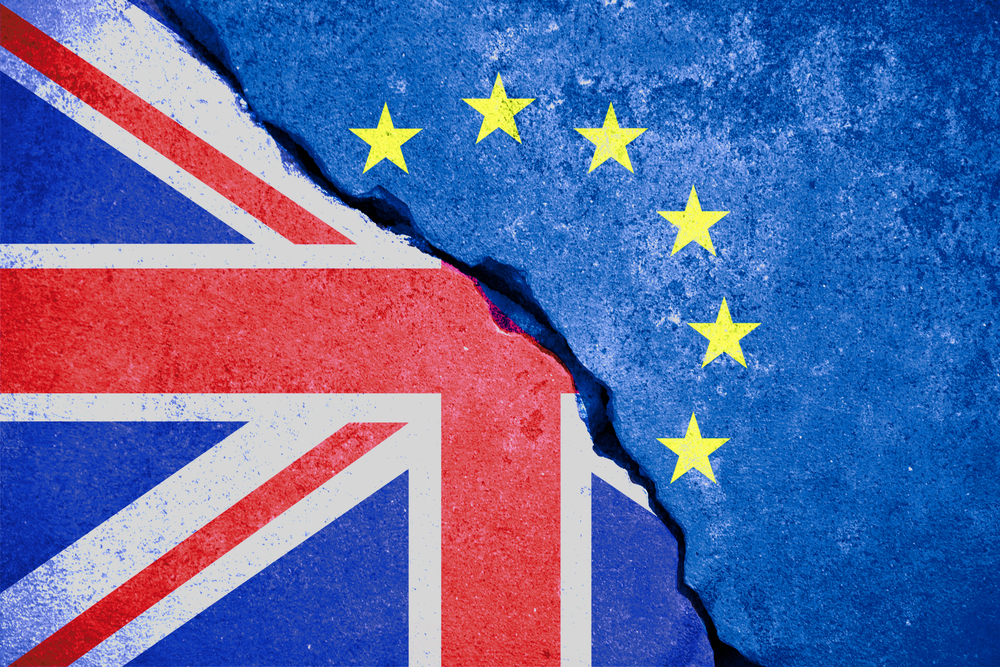Next step in Brexit…
While many experts and organisations were throwing questions into the ring before the poll about how various aspects of the profession would be affected, since then, then it’s all been […]

While many experts and organisations were throwing questions into the ring before the poll about how various aspects of the profession would be affected, since then, then it’s all been relatively quiet.
We’ve been doing some digging around to find out just how much more we know now than we did six weeks ago, and what new questions might need to be asked.
Business and trade
The big talking point earlier this month was the Bank of England’s decision to cut the main interest rate to 0.25%, following July’s decision to leave it unchanged. Many experts predict further cuts may be possible before the end of the year, but at least we know that for now we certainly won’t be seeing any significant rises.We also know that there won’t be an emergency budget, as threatened by former Chancellor George Osborne. New Chancellor Philip Hammond will be keeping his cards close to his chest until the traditional Autumn Statement.
Policy
It’s still unclear when Article 50 will be triggered, or what timescales there are for further action. All we can be sure of is that lawyers are, and will continue to analyse the legislation with a fine tooth comb before advising on next steps. Current estimates are that proceedings will commence early in 2017, with a conclusion (official withdrawal) completed by 2018.Our other questions relating specifically to policy and the accounting profession still remain relevant and no answers have yet come forward. It appears there is a desire from the powers that be to get the politics sorted first.
Taxation
Last month we asked whether the UK would now be more inclined to go its own way in relation to taxation and ignore European and international convention. All we know so far is that, given our leadership position in the Organisation of Economic Cooperation and Development (OECD) discussions on Base Erosion and Profit Shifting (BEPS), we would expect such connections to remain important, though we await the Chancellor’s Autumn Statement for more details.For companies and groups that operate in different EU states including the UK, and UK holding companies, Brexit could have a huge impact – changes to the Parent-Subsidiary Directive and Interest and Royalties Directive, with potential tax implications, being the most obvious.Radical short term change seems unlikely, given VAT’s importance as a major source of tax revenue. Longer term, there will be no need for referrals to the European Court of Justice on VAT matters so it is likely to be customised to suit our needs.VAT does have the potential to become a more significant compliance burden for international businesses going forward though, as could Customs Duties.
While an emergency budget has been ruled out, decisions still need to be made about whether the promise not to raise income tax, national insurance or VAT rates during this parliament will be maintained.
In short, it seems that while some information has become clear, even more questions are yet to be answered, so watch this space for more updates.



